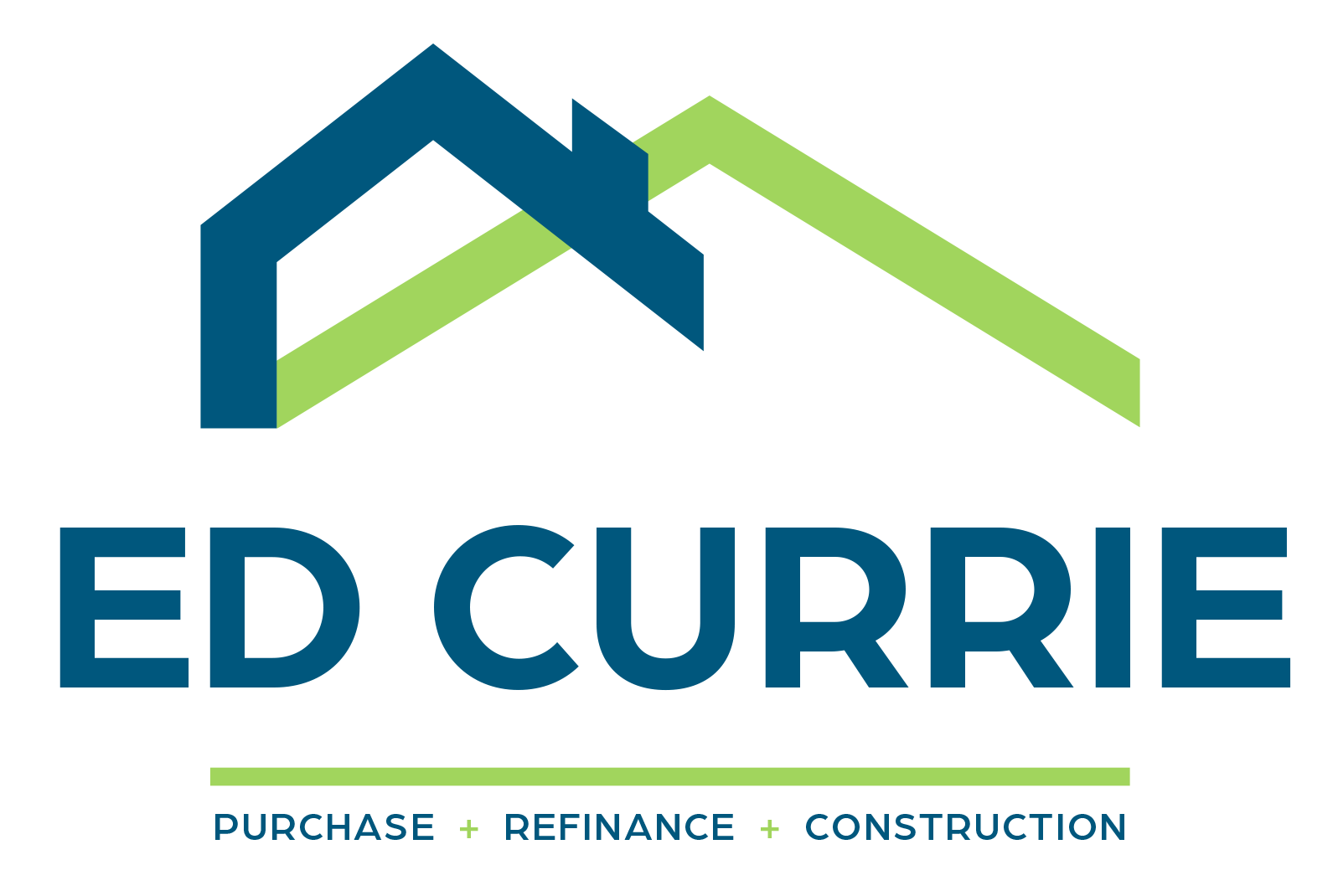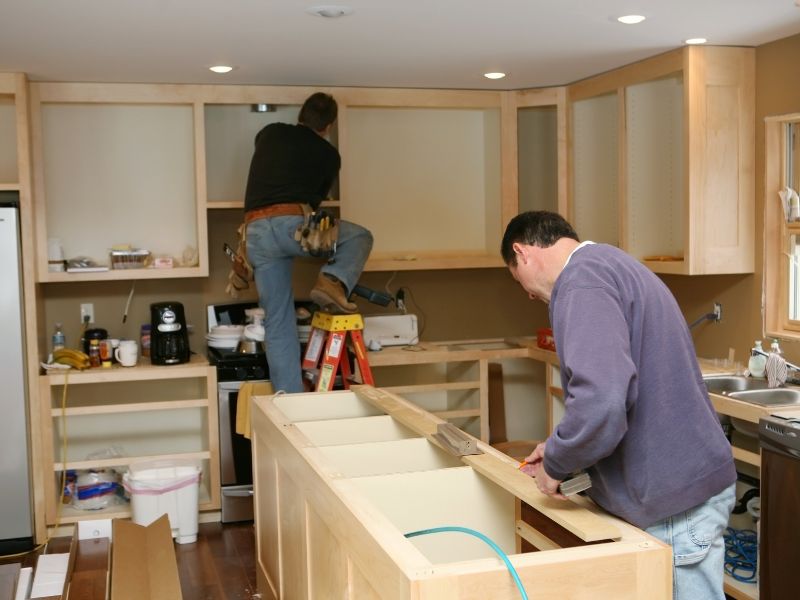 United States home prices increased by 3.90 percent year-over-year in January as compared to December’s growth rate of 3.70 percent according to Case-Shiller’s National Home Price Index. Home prices also rose in Case-Shiller’s 20-City Home Price Index.
United States home prices increased by 3.90 percent year-over-year in January as compared to December’s growth rate of 3.70 percent according to Case-Shiller’s National Home Price Index. Home prices also rose in Case-Shiller’s 20-City Home Price Index.
20-City Home Price Index: Phoenix Arizona Leads in Home Price Growth
The Case-Shiller 20-City Home Price Index is followed closely by real estate pros and its trends are used to gauge home price growth within cities included in the index. Phoenix, Arizona led home price growth rates for the eighth consecutive month with a year-over-year growth rate of 6.90 percent.
Seattle, Washington followed with year-over-year home price growth of 5.10 percent; Tampa, Florida also reported home price growth of 5.10 percent.
Seattle replaced Las Vegas, Nevada in second place, which showed a comeback for coastal housing markets that lost ground in recent months.
Case-Shiller’s 10-City, 20-City, and National Home Price Indices all posted higher home price growth rates in January. 14 of 20 cities in the 20-City Home Price Index showed faster growth rates for home prices in January than in December. Home price growth was strongest in the South and West; home price growth was weaker in the Midwest and Northeast.
FHFA Reports 5.20 Percent Yearly Home Price Growth in January
The Federal Housing Finance Agency, which oversees mortgage giants Fannie Mae and Freddie Mac, reported 5.20 percent annual home price growth for homes owned or financed by Fannie Mae and Freddie Mac.
While home prices have been fueled by limited supplies of available homes, demand for homes will likely fall as the coronavirus spreads throughout the U.S.
Local and statewide requirements to limit nonessential activities caused businesses and schools to close and many workers were laid off. Prospective homebuyers could be sidelined for months if not indefinitely.
Analysts had mixed opinions on how the coronavirus outbreak could impact home prices; if companies and jobs reopen after the virus has passed, housing markets are expected to recover. Because the ultimate length and impact of the pandemic remain unknown, it’s currently impossible to know how housing markets will be impacted.
United States home prices increased by 3.90 percent year-over-year in January as compared to December’s growth rate of 3.70 percent according to Case-Shiller’s National Home Price Index. Home prices also rose in Case-Shiller’s 20-City Home Price Index.
20-City Home Price Index: Phoenix Arizona Leads in Home Price Growth
The Case-Shiller 20-City Home Price Index is followed closely by real estate pros and its trends are used to gauge home price growth within cities included in the index. Phoenix, Arizona led home price growth rates for the eighth consecutive month with a year-over-year growth rate of 6.90 percent.
Seattle, Washington followed with year-over-year home price growth of 5.10 percent; Tampa, Florida also reported home price growth of 5.10 percent.
Seattle replaced Las Vegas, Nevada in second place, which showed a comeback for coastal housing markets that lost ground in recent months.
Case-Shiller’s 10-City, 20-City, and National Home Price Indices all posted higher home price growth rates in January. 14 of 20 cities in the 20-City Home Price Index showed faster growth rates for home prices in January than in December. Home price growth was strongest in the South and West; home price growth was weaker in the Midwest and Northeast.
FHFA Reports 5.20 Percent Yearly Home Price Growth in January
The Federal Housing Finance Agency, which oversees mortgage giants Fannie Mae and Freddie Mac, reported 5.20 percent annual home price growth for homes owned or financed by Fannie Mae and Freddie Mac.
While home prices have been fueled by limited supplies of available homes, demand for homes will likely fall as the coronavirus spreads throughout the U.S.
Local and statewide requirements to limit nonessential activities caused businesses and schools to close and many workers were laid off. Prospective homebuyers could be sidelined for months if not indefinitely.
Analysts had mixed opinions on how the coronavirus outbreak could impact home prices; if companies and jobs reopen after the virus has passed, housing markets are expected to recover. Because the ultimate length and impact of the pandemic remain unknown, it’s currently impossible to know how housing markets will be impacted.




![EdCurrie_Logo White[Transparent] EdCurrie_Logo White[Transparent]](https://edcurrie.com/wp-content/uploads/elementor/thumbs/EdCurrie_Logo-WhiteTransparent-qybu3sjgpfhje9098uitv7fpt7os2hgn52gfy6ocx4.png)